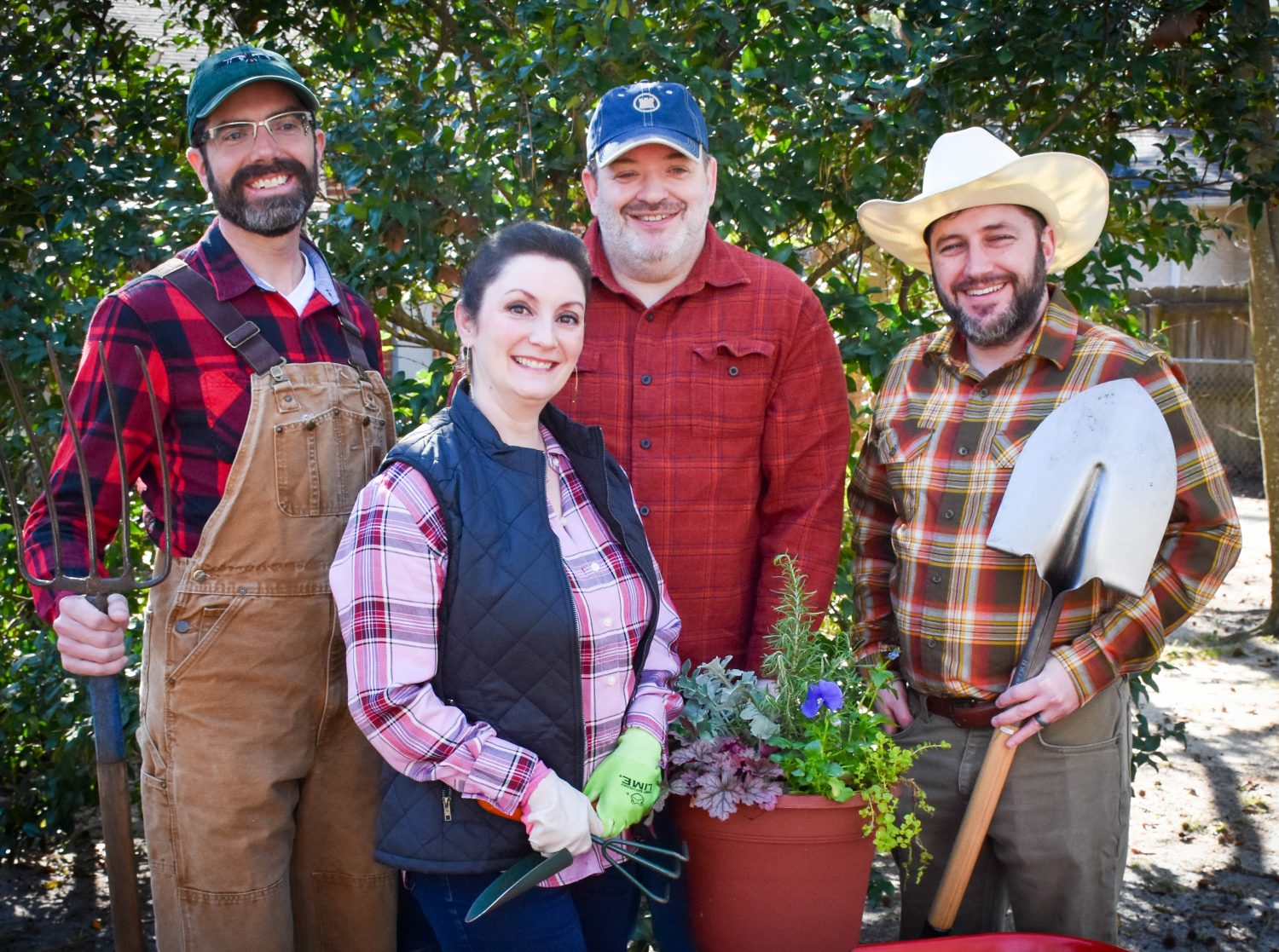
Real estate practitioners will not be surprised to hear that neighbors in a well-to-do development with a significant set of covenants and shared easements will sometimes disagree (and even litigate) about how those easements ought to apply to their properties. Our Court of Appeals recently had occasion to hear an appeal related to covenants and easements in an equestrian subdivision in Aiken County, in the case of Richard Viviano v. Fulton Jeffers and Braeloch I Association, Inc., Appellate Case No. 2024-000147, Ct. App., Opinion No. 6120, Filed August 20, 2025.
The underlying dispute in the case concerned an established equestrian community near Aiken named Braeloch. Braeloch has extensive pedestrian and riding trails, and when the subdivision was originally planned, one trail extended all the way around the outer boundaries of the subdivision. The recorded covenants included easements encumbering all the lots around the subdivision’s exterior boundary to account for this trail. The trail easement was also shown on the recorded subdivision plat. Later (in 2002) an additional lot was added (Lot 51) and eventually became the center of a dispute involving Lot 51’s owner, the homeowners association, and the owners of two adjacent existing lots. The neighboring lot owners and Lot 51’s owner disagreed about how the riding trail should be adjusted or relocated in light of Lot 51’s addition. Mr. Viviano was one of those neighboring lot owners. The Court of Appeals opinion implies that personalities clashed, and that the neighboring lot owners questioned the motivation and personal friendships of the HOA officers in making decisions about Lot 51 and the trail. Unfortunately, the parties could not agree at this point, and litigation was filed.
The main issue presented to the Court of Appeals here, which may be less interesting to real estate practitioners, concerned whether a settlement agreement that the parties signed at the conclusion of mediation would be enforceable. (Spoiler alert: The Court of Appeals said, Yes, it is enforceable.) At the trial court level, the parties had mediated the case and reached a written agreement. The agreement was broad and addressed all the issues in dispute between the parties: relocation of the riding path easement, who would pay to make improvements to the path, compensation to the impacted lot owners, that the parties would sign a mutual non-disparagement agreement, etc. It required formal approval by the full HOA of a few items that the HOA representatives agreed to in mediation; the HOA formally voted and approved those after the fact.
As a worthwhile aside, the mediator (retired Judge Thomas Cooper, Jr.) made a lovely allusion to Aristotle (or the movie “Legally Blonde,” depending on your point of view) when he noted in his mediation report that the attorneys and parties had wisely “recogni[zed] . . . that emotion has to give way to reason to resolve difficult disputes.” We can all benefit from remembering that “law is reason, free from passion.”
Later, several months after mediation, Mr. Viviano seemed to have regretted the agreement and changed his mind. A couple of the details that he asked the court to consider in support of his motion might be of more interest to dirt lawyers.
Viviano’s argument was basically that the 2002 petition to amend the covenants and easements to add Lot 51 was not valid because it did not have the support of the required number of lot owners. Viviano also argued that there was a “smoking gun” email from the owners’ association acknowledging that they did not have enough signatures on the petition to add Lot 51, and he claimed that this email had been deliberately concealed from him. (He argued that he would not have signed the settlement if he had known about it.) The Court of Appeals found this argument meritless. Without getting into the details of whether or not the Lot 51 admission had been completed correctly, the court pointed out that the Lot 51 admission documents were filed in the Aiken County public records, and therefore available to anyone to review. Viviano’s own complaint in the underlying suit had made an allegation of fact that Lot 51 had been admitted with two thirds vote of the HOA members. The court also noted that Viviano had access to the HOA email acknowledging insufficient signatures on the petition, as it had been produced in discovery more than 2 years prior to mediation, so it was not “concealed” from him. The Court of Appeals also cited established caselaw reinforcing the principle that, once the parties have reached a written settlement agreement, the courts are not inclined to entertain arguments by one party who regrets having agreed to the settlement.
For those real estate practitioners who represent HOAs, this case might be a good opportunity to remind your association clients about the importance of having counsel assist in the process of amending CCRs. Having an attorney guide an association through the complicated formalities of submitting petitions, calling meetings, sending notices, and being sure to obtain the required number of signatures/votes to amend could avoid costly litigation in the long run! For practitioners who review title and handle real estate closings (and prepare title commitments and policies!), this is also a good reminder to be on the lookout for recorded amendments to covenants, and to carefully review those to determine how they affect the title.











